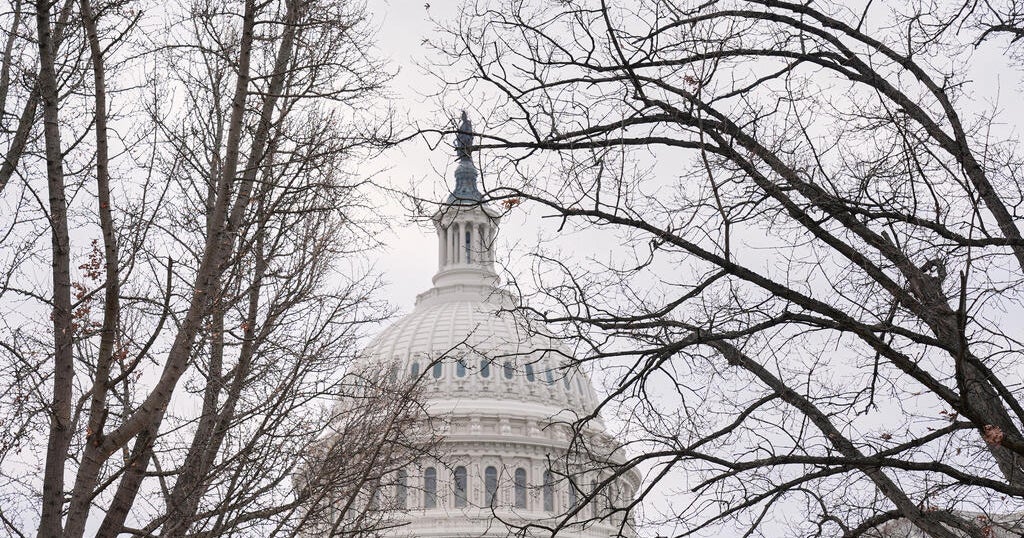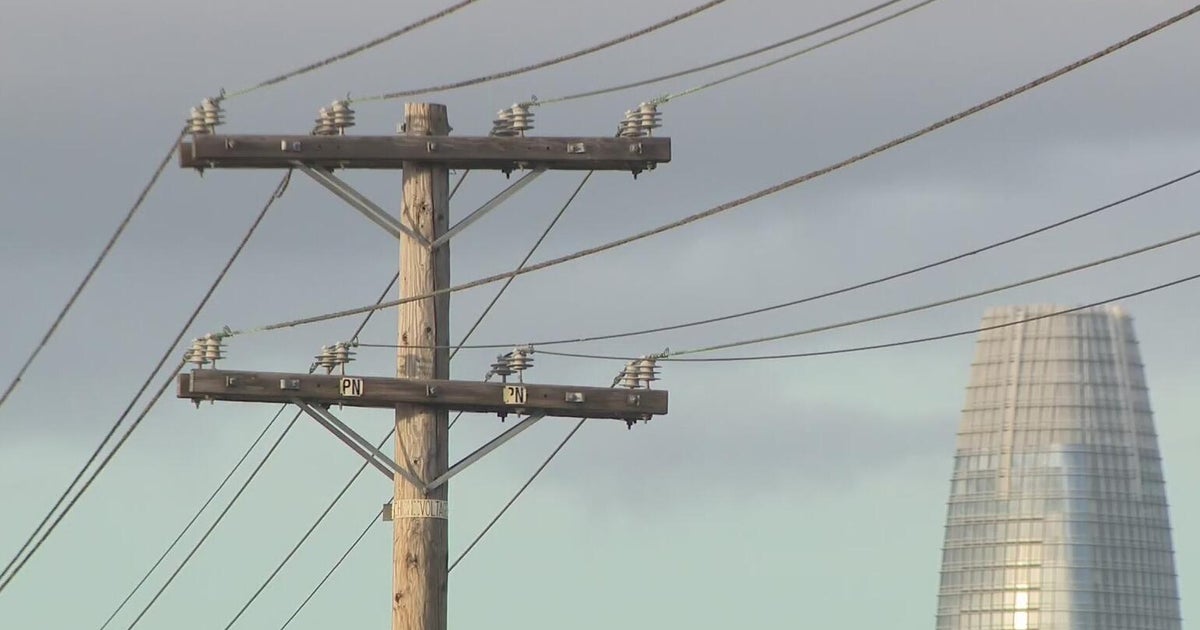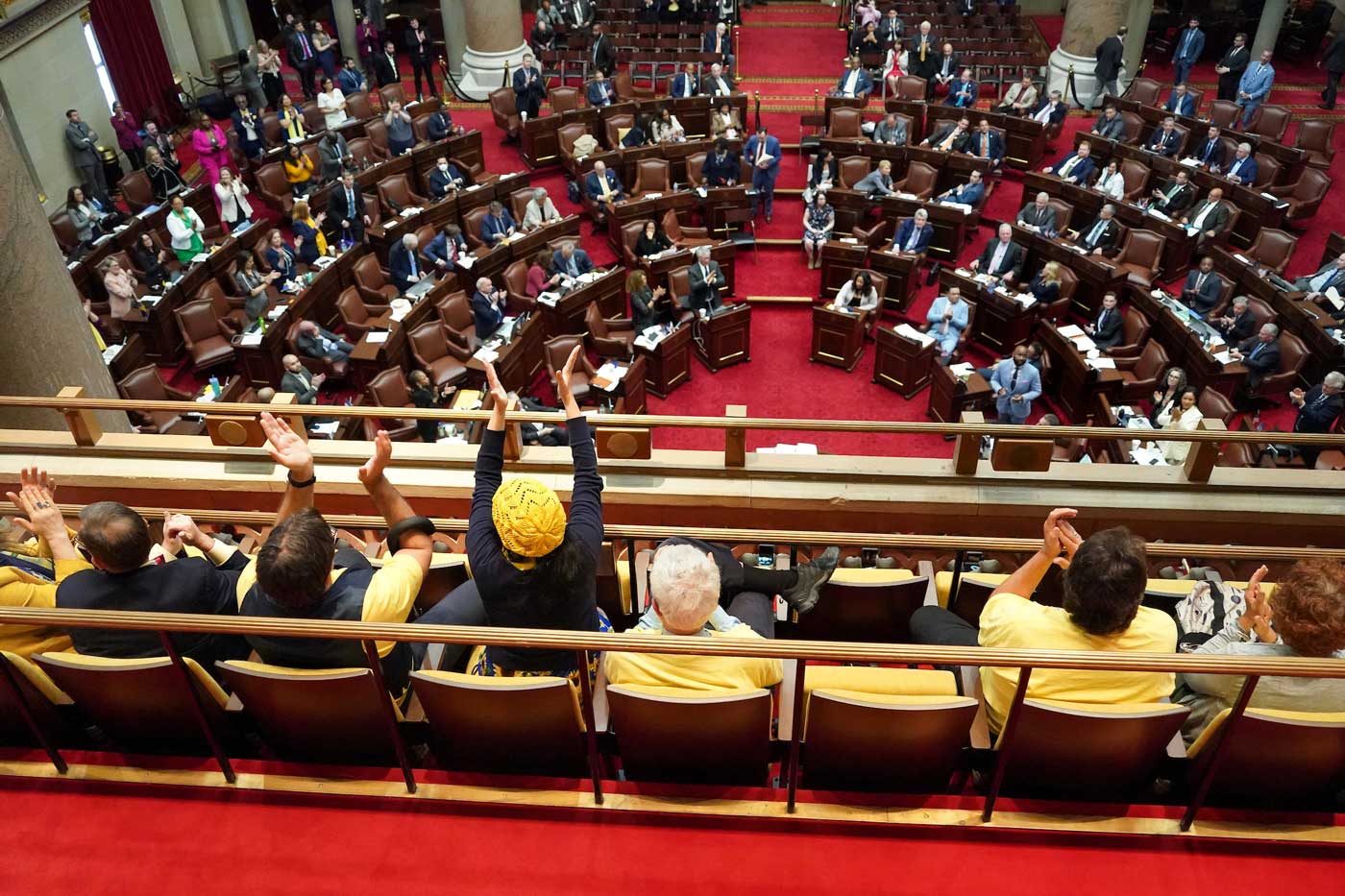Lawmaker introduces bill to impose 1,000% tax on semi-automatic weapons
A Democratic lawmaker has introduced a bill designed to curb sales of semi-automatic weapons like AR-15s, the type of firearm used by both shooters in the massacres in Uvalde and Buffalo last month. If passed, the legislation would impose a 1,000% tax on any type of semi-automatic weapon, making the firearms prohibitively expensive for most would-be buyers.
The new bill, introduced by Rep. Don Beyer of Virginia on Tuesday, comes as a group of 20 senators announced Sunday that they had reached a consensus on the key priorities of a deal to reform the nation's gun laws. The 1,000% tax on semi-automatic weapons would "give the Senate an option for further action to address the epidemic of gun violence" beyond the reform already in the works, Beyer said in a statement.
Called the "Assault Weapons Excise Act," the proposal would add the hefty tax to "large-capacity ammunition feeding devices and semi-automatic assault weapons, according to the text of the bill. If enacted, the semi-automatic rifle allegedly used by the Uvalde shooter would cost $18,700, instead of its current retail price of $1,870.
Although most Americans favor stricter gun laws, Republican lawmakers have opposed bans on semi-automatic weapons like AR-15s, which have been used in a number of mass shootings. AR-15s range in price from about $500 to $2,000, making them affordable for many consumers.
Under the gun reform agreement reached by the senators, states would be incentivized to pass "red flag" laws, boost mental health resources, provide funding for school safety resources, clarify the definition of a federally licensed firearms dealer and crack down on criminals who illegally purchase and traffic guns.
Because Beyer's bill imposes a tax, qualifying it as a revenue measure, it could be introduced through the reconciliation process. That means it would require approval from only 50 senators, instead of the 60 votes needed to overcome possible filibusters and pass most legislation.
The measure could "cut through the gridlock and get it done," Beyer said in his statement.
The bill exempts federal, state and local agencies, which means that the U.S. military and law enforcement agencies wouldn't be subject to the tax.



